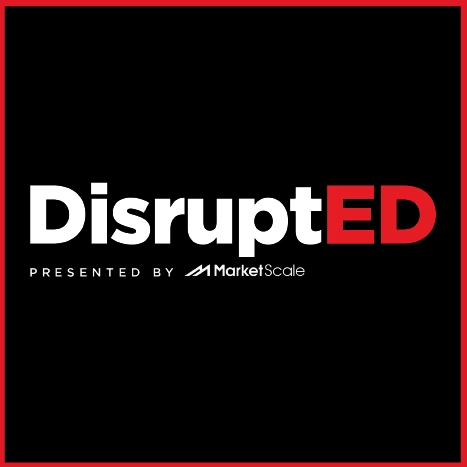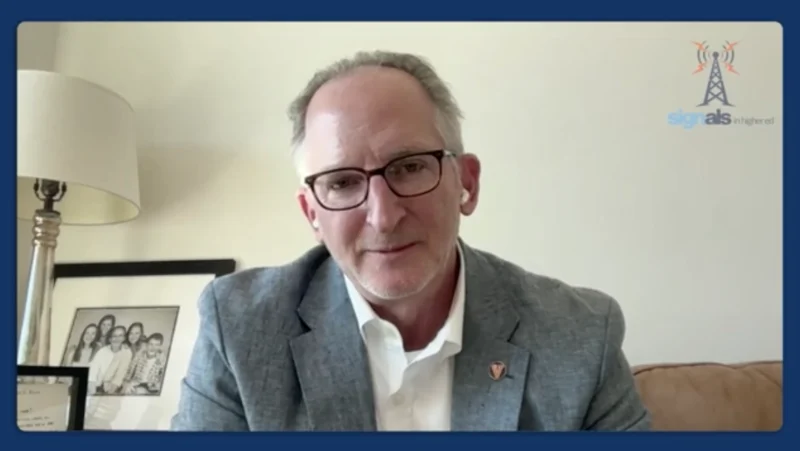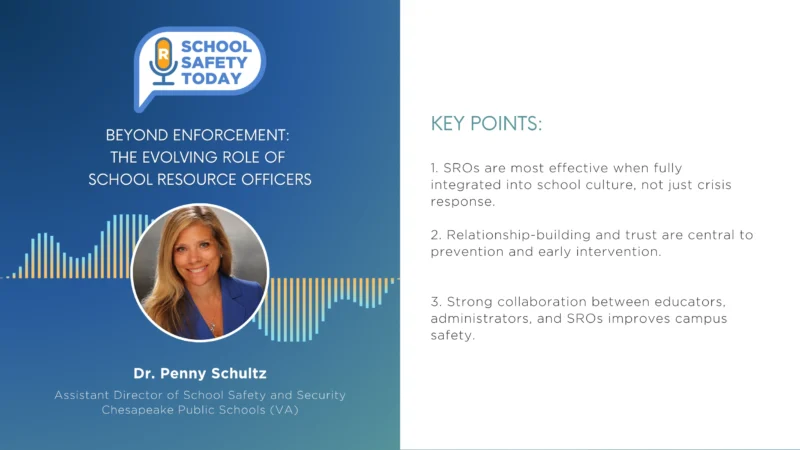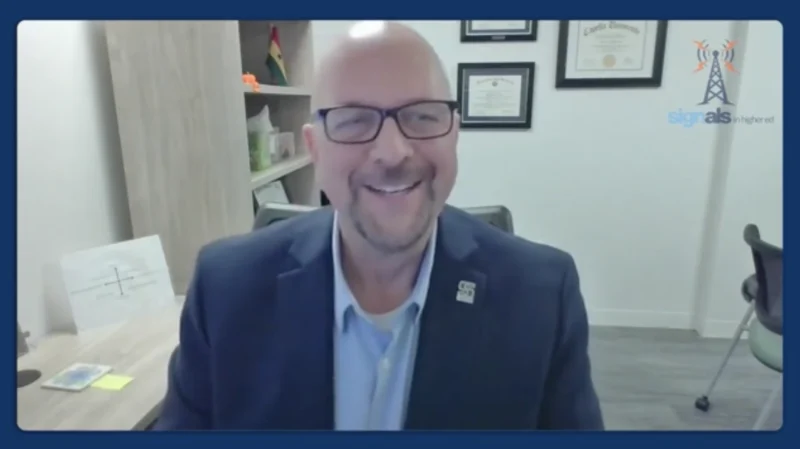Bridging the Gap Between Traditional Education and Modern Needs: Why School Educators Need to Shift Focus to Durable Skills Part 1 of 2
Are Traditional educational systems and school educators struggling to keep pace with the demands of modern workplaces? With advancements in technology and a shifting global economy, educators must prepare students for jobs that exist now and for future roles yet to exist. This scenario raises significant questions about the relevance and adaptability of current educational practices.
DisruptED host Ron J. Stefanski engages in a compelling two-part conversation with Joseph Orgel, the Vice Provost for Academic Affairs at the Illinois Institute of Technology, and Kelly Crabb, the Senior Vice President of Sales at Honor Education. This first episode explores realigning the traditional education model with the necessities of a modern, technology-driven society.
Key Points from the Episode:
- Adaptation of Higher Education: Insights into how universities and school educators are adjusting their curriculums to integrate durable skills essential for the future workforce
- Role of Technology in Learning: Discussion on how emerging technologies, especially AI, can enhance educational delivery and personalization
- Innovative Teaching Methods: Examples from the Illinois Institute of Technology on new approaches to teaching that cater to diverse learning styles and needs
Dr. Joseph Orgel, Vice Provost for Academic Affairs at Illinois Institute of Technology, is recognized for his innovative approaches in higher education, particularly in adapting teaching methods to support neurodivergent students. Kelly Crabb, Senior Vice President of Sales at Honor Education, brings extensive experience in online education and is dedicated to leveraging technology to improve learning outcomes.
Be sure to continue this discussion in Part Two.




